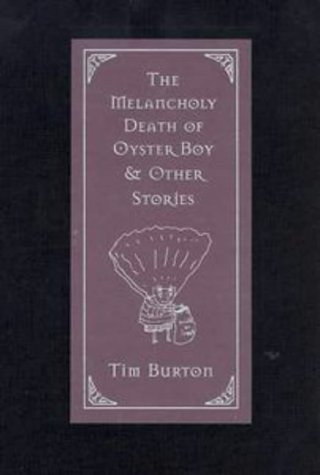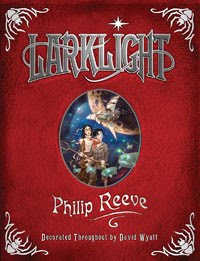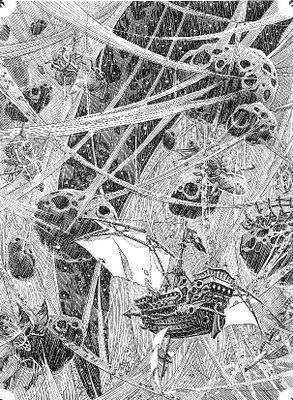Banned Books Week has got me thinking a lot about the process of challenging books, and I thought I should probably clarify something.
Challenging books does not make me angry by itself. Even when they’re challenged for what I perceive as silly reasons. When books actually get banned, especially for what I perceive as silly reasons… that’s when I get a little upset.
In library school, we’re often told that “you should welcome challenges because it begins a meaningful dialog about the collection, collection development, and the purpose of a library”. I think my professors are envisioning me giving an offended patron a meaningful short-course in the basic tenants of library science and Freedom to Read1 and they will walk away more enlightened and ready to donate money to the exciting and dynamic field of library science. In my imagination, the conversation would probably go more like this:
Patron: This book is going to turn our children into RAPISTS!
Me: I’m so sorry; why do you feel that way?
Patron: The back of the book says it’s about GAY PEOPLE
Me: Well, if you’d like to formally challenge it for removal or reclassification, we have a process and these forms you can fill out, although you will have to actually read the book
Patron: (throws book at me)
Me: Let me explain our collection development policy…
Patron: (bites me)
Me: (turns into a homophobe-pire)
I don’t know which of us is more delusional, but I do know that a healthy discussion about collection development is not going to sway most people from their angry rants against the dictionary or whatever.
I actually do agree with my professors that challenges aren’t all bad. For instance, I like the fact that someone cares so much about the library and what we do there to get really mad about it. That’s way better than the passive indifference we get from a good percentage of the population. I also think anything that gets people to read books more, and talk about books more is cool, and challenging a book will certainly do that. Also, sometimes books really do need to be challenged. Here is an illustrative example, this time from real life:
Once upon a time, I was working at a library which shall remain nameless. While shelving children’s nonfiction one Sunday before we opened, I came across this in the poetry section:

The Melancholy Death of Oyster Boy and Other Stories by Tim Burton
Immediately I thought, “Wow, I didn’t know Tim Burton had written a book of poetry for children”. Since it looked kind of like Edward Gorey, I took it back to the desk with me to glance through. The first thing I noticed was the titular poem “The Melancholy Death of Oyster Boy“, ends with the father eating his own son to cure his impotence. I was really unsure if this should be shelved next to Shel Silverstein, and personally did not ever want to have to explain impotence to a six-year-old. A glance at other libraries nearby confirmed that most of them had shelved it in the teen or adult sections; probably it was only mistakenly placed in children’s because it had illustrations and the poem titles seemed unoffensively juvenile.
Librarians aren’t perfect. It’s not like we know all there is to know about books, or that we don’t make mistakes sometimes. Usually when I ask librarians about problems with challenged books, their few stories are similar to this one, more about reclassification than outright banning, and most of the time the concerns are entirely justified.
So challenges themselves, I don’t really view negatively. It’s more when one person or a group of people think they should be able to set morality standards for everyone that I get slightly miffed.
1 People in library school and beyond are always citing their Freedom to Read as a constitutional right, but I remember 10th grade Civics, and it’s really not. I think usually they try to squish it in there with freedom of speech and freedom of the press, but that is only the same thing if you squint, you guys.


